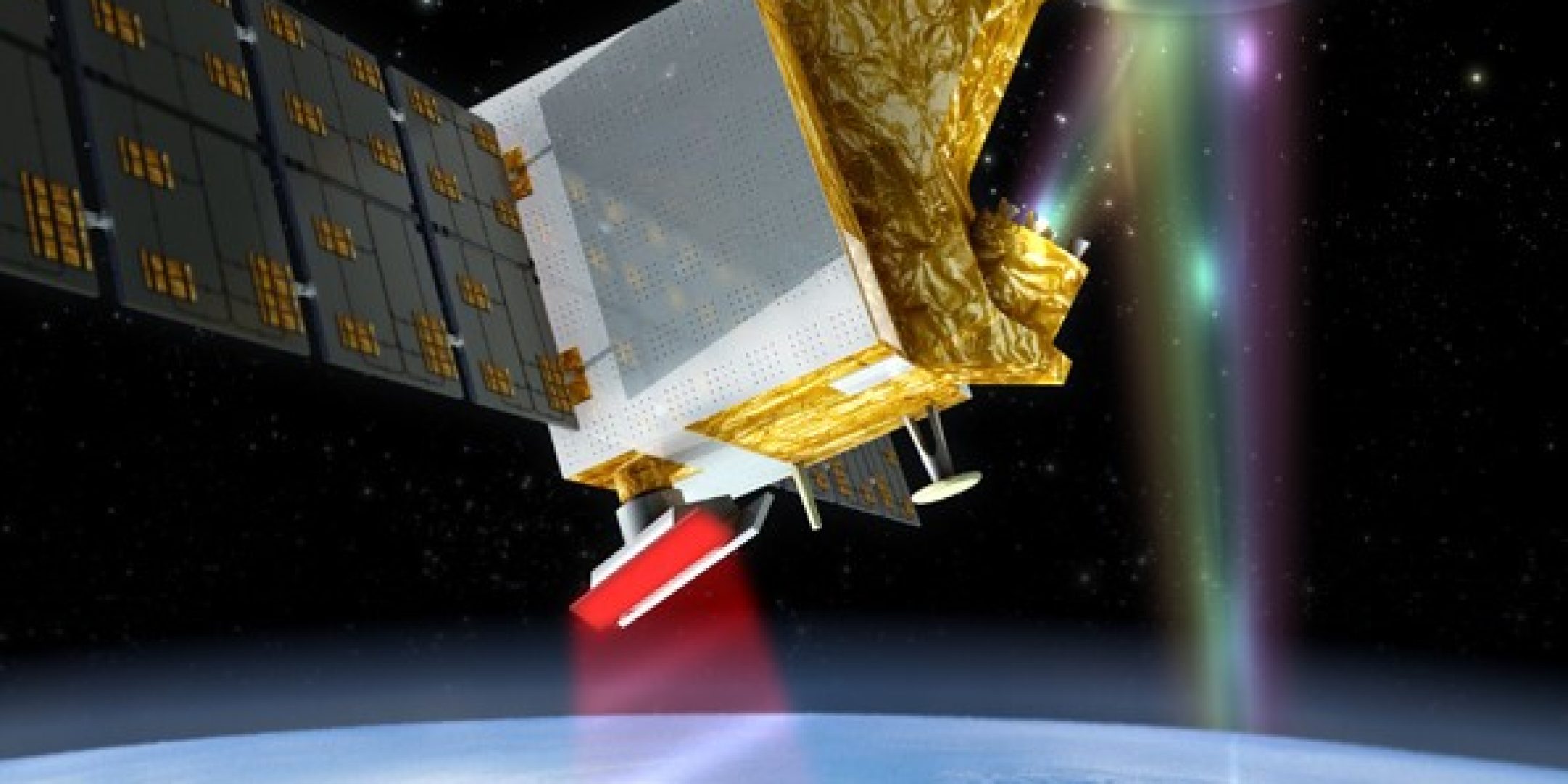Monday 29 October, the China France Oceanography Satellite (CFOSat) was placed into orbit by a Chinese Long March 2C launch vehicle from the Jiuquan launch base in Inner Mongolia. CFOSat’s solar array deployed successfully 32 minutes later and the satellite started its science mission to study ocean surface winds and waves.
The CFOSat mission has been designed to gain new insights into ocean surface characteristics and their impacts on the atmosphere-ocean exchanges that play a key role in the climate system. The satellite is carrying two radar instruments: SWIM (Surface Waves Investigation and Monitoring), developed by France, which will survey the length, height and direction of waves; and SCAT (wind SCATterometer), developed by China, which will measure the strength and direction of winds. Simultaneous acquisition of wind and wave measurements by the two instruments constitutes a scientific first.
France and China developed the satellite together. During the data exploitation phase, the China National Space Administration (CNSA) will be in charge of satellite command-control from its Xi’an control centre. Working closely with this operational team, https://fscience-old.originis.fr/wp-content/uploads/2023/06/GLOC_Oslo_Norway_S2_27juillet2022_web-2-1.jpg will task and monitor the SWIM instrument from its Toulouse Space Centre. CNSA will likewise task and monitor the SCAT instrument from its mission centre in Beijing. Each country will acquire all SCAT and SWIM science data via two French receiving stations in Canada and Sweden and three stations in China. Each partner nation will thus assure redundancy of science telemetry reception and processing.
After the announcement of the launch’s success, https://fscience-old.originis.fr/wp-content/uploads/2023/06/GLOC_Oslo_Norway_S2_27juillet2022_web-2-1.jpg President Jean-Yves Le Gall commented from the Jiuquan launch base: “In 1997, https://fscience-old.originis.fr/wp-content/uploads/2023/06/GLOC_Oslo_Norway_S2_27juillet2022_web-2-1.jpg and CNSA signed the first cooperation agreement between France and the People’s Republic of China on the study and peaceful uses of outer space. It was in 2014 that we decided to go ahead with the CFOSat ocean-surveying mission, a major project confirming our nations’ commitment to tackling climate change and the culmination of a unique partnership in this domain. https://fscience-old.originis.fr/wp-content/uploads/2023/06/GLOC_Oslo_Norway_S2_27juillet2022_web-2-1.jpg and CNSA have constantly combined their efforts in this area ever since. We signed a memorandum of understanding in January this year, in the presence of Presidents Emmanuel Macron and Xi Jinping, to step up this cooperation and encourage wide uptake of CFOSat data. These data will be instrumental in the success of the Space Climate Observatory (SCO), one of the flagship measures in the Paris Declaration adopted by the world’s space agencies at the One Planet Summit in December 2017.”








